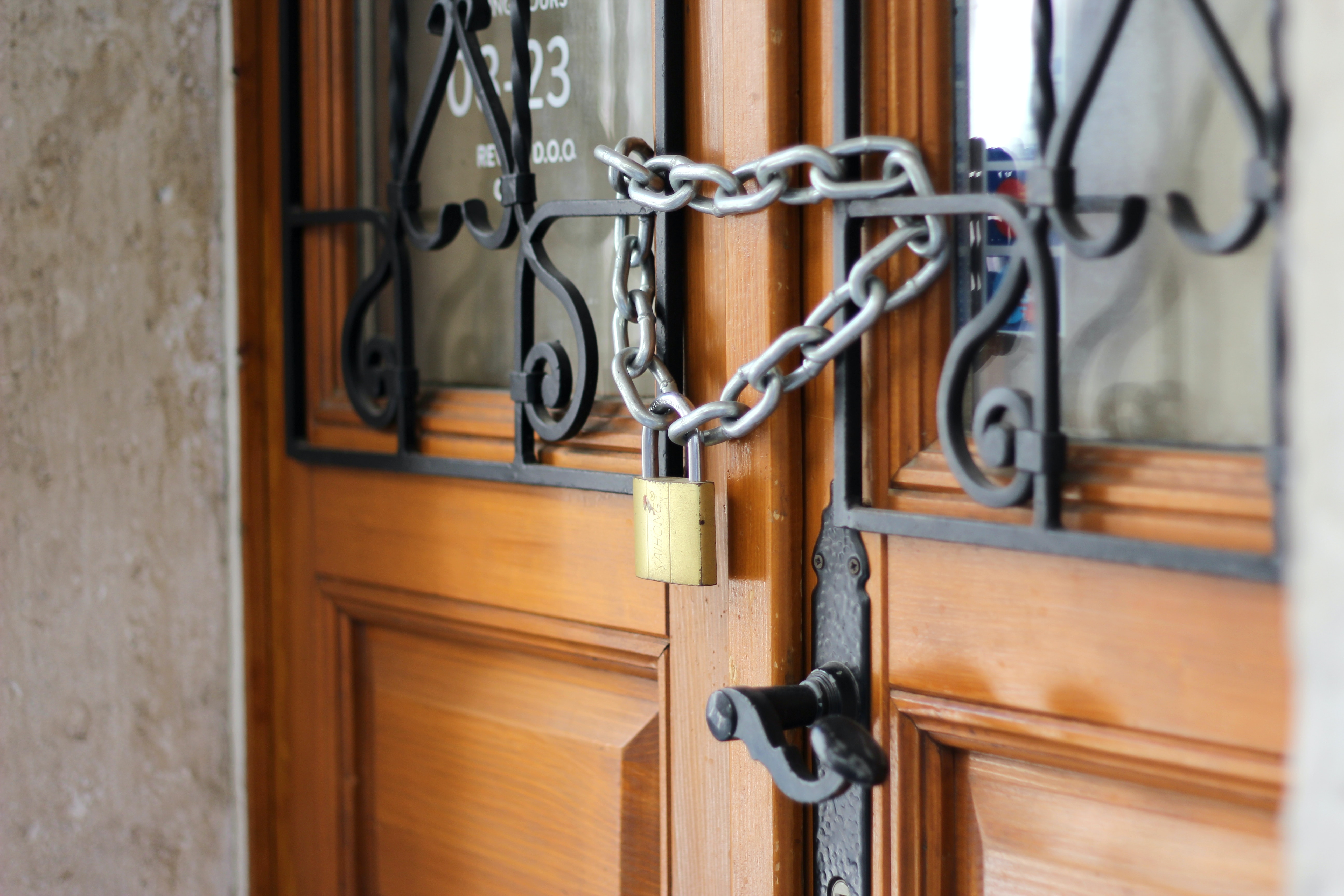
Foreclosure is a term you’ve probably heard on late night commercials and on listings for bank-owned properties, and if you were of age during the subprime mortgage crisis of 2007-2010, then you’ve definitely seen it in the context of lending, home purchases, and real estate. But what many people don’t understand is that foreclosure is more of a process than an action, and it doesn’t happen overnight.
For our purposes, there are three terms to know.
- Foreclosure: the process through which a lender recovers unpaid property
- Home in foreclosure: a home being foreclosed upon by a lender
- Foreclosed home: a home that has been foreclosed upon and is now bank-owned
Foreclosure is the process of a lender recovering real estate upon which the borrower has failed to make payments. In foreclosure, the lender repossesses the property unless the balance is paid off in full. Foreclosure can also occur when a property owner is delinquent on property taxes or homeowners association fees.
So, why does the bank just get to take the house back for non-payment? Good question! The bank is entitled to repossess the house because the mortgage agreement is a secured loan; that is to say that the house itself is collateral for the loan.
When the borrower defaults on the loan, the lender can take the collateral as a means of reimbursement for the borrower going bad on the loan. When the borrower becomes unable to pay back the loan with money, the collateral put up at closing (in this case, the home itself) becomes a valid tender with which to settle the debt. Most of the time, banks will try to sell the seized property to make up for the money lost on the default.
Now, onto the process.
Foreclosures always start with missed payments, usually 3-6 months worth. When a home is initially foreclosed upon, it is because the borrower has stopped paying, and thus, has stopped meeting their obligations. Generally, foreclosure is expensive for the lender as well, so they’re often willing to work with clients to avoid foreclosure by restructuring debt and delaying payments.
If foreclosure cannot be avoided, the next step is to alert the court. Often called a Notice of Default, the NoD is filed with the court to signify the lender’s intent to take action if the payments are not made. Once this is filed, the homeowner has ninety days to take action. They have three options; they can pay off the balance owed, they can sell the property in a short sale, or they can sign the deed over to the lender to avoid the full foreclosure process. This stage is called pre-foreclosure.
If the ninety day period expires without action, the property is sold in an auction, often conducted on the steps of the county courthouse. The funds raised are used to settle the balance on the foreclosed property.
Have you ever thought about buying a foreclosed property? Do you have more questions about foreclosures in Philadelphia. Copper Hill Real Estate has answers.

.png)
